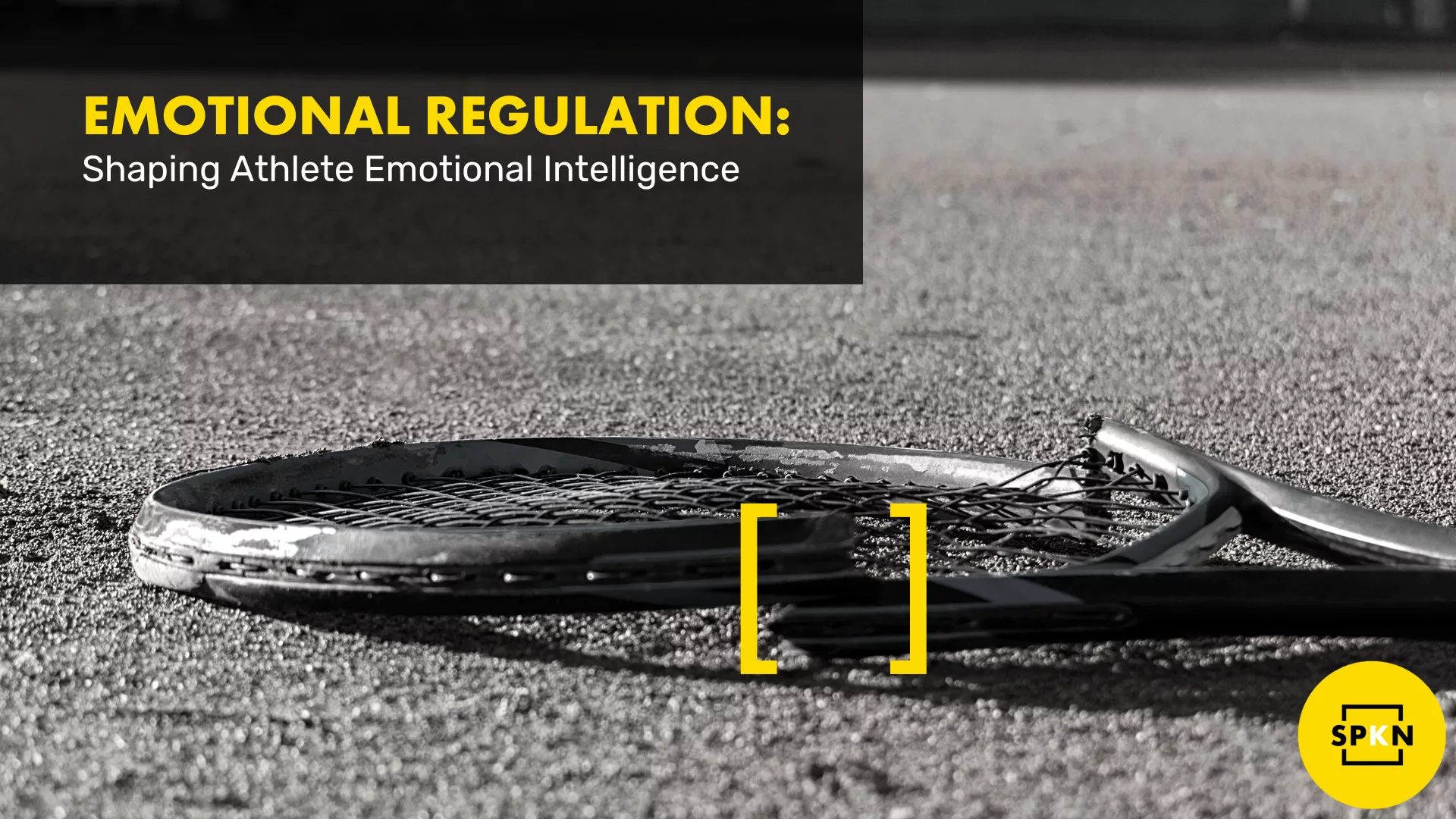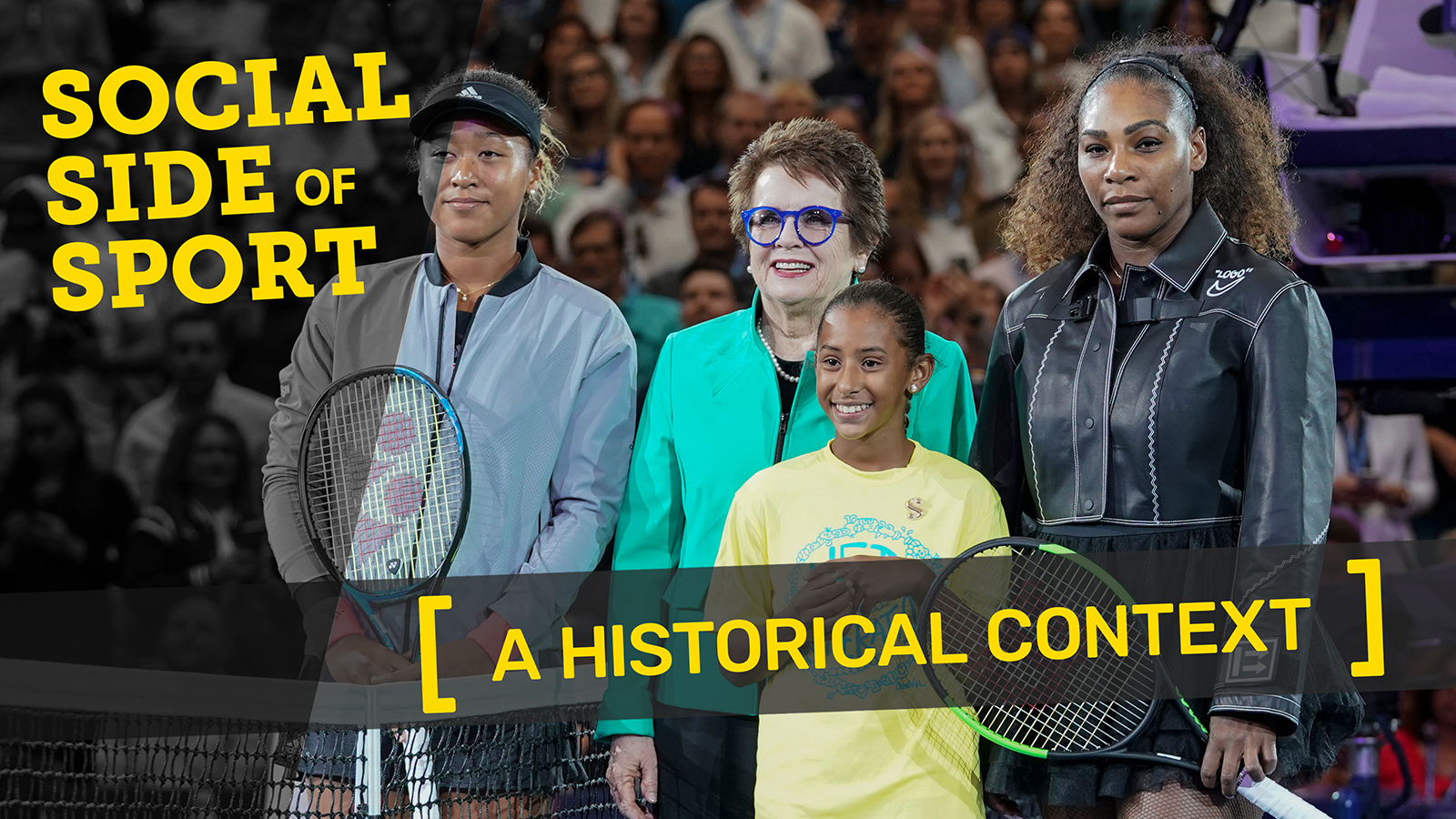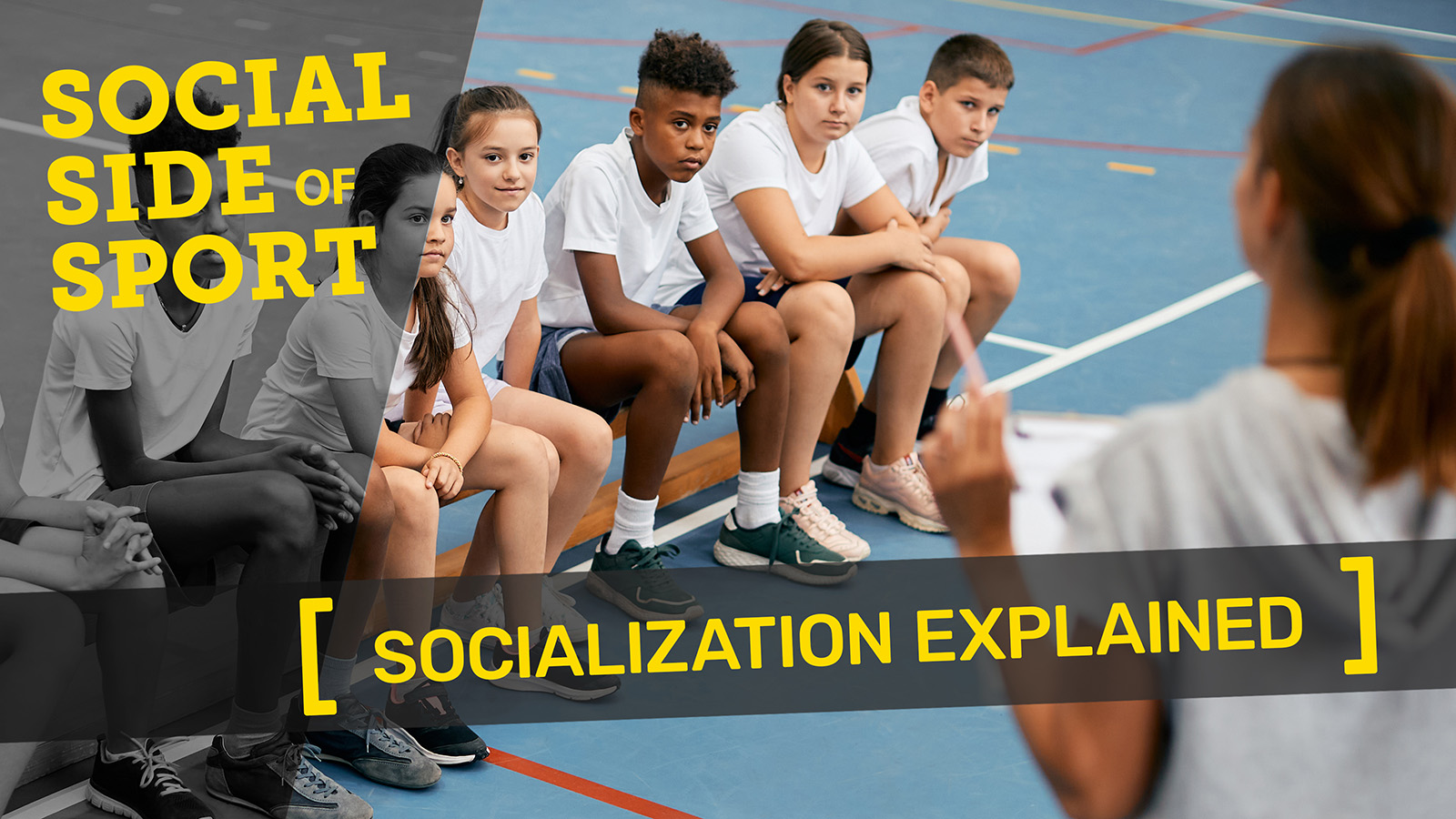Attention Training is a technique that helps participants adaptively manage their attention resources in a given situation. For example, maintaining focused attention at an appropriate level is a crucial skill for athletes. According to Nideffer and Sharpe (1978), Attention Training is a complex and theoretically based process that comprises 1.) the assessment of attentional strengths and weaknesses; 2.) the assessment of the attentional demands of a given sport; 3.) the assessment of situational and or personal characteristics that are likely to affect arousal for an individual, and or to dictate their behavior under pressure; 4.) identification of situation-specific problem areas and error patterns; and 5.) development of an intervention program (Nideffer & Sharpe, 1978).
Developing an ideal preperformance routine (PPR) is highly recommended when intense situations arise in competition. Having an individual adhere to a task-relevant set routine of thoughts and actions can help an athlete to relax and prepare for whatever task they are performing. For example, recent studies have shown that international amateur golfers reported using routines explicitly for focusing purposes, such as attempting to switch on and off when required and trying to stay in the present while playing (Cotterill, Sanders, & Collins, 2010). The efficacy of using PPR has been associated with three psychological processes in enhancing athletic performance (Lidor, Hackfort, & Schack, 2014). First, the routines are believed to be effective because they guide the athletes to prioritize task-relevant information over other irrelevant stimuli. For example, golfers who follow the designed routines may focus only on the target trajectory to the hole to perform putting rather than on distractors such as noise from the audience. Second, the sequential nature of the routine may help athletes stay in a preferred state of concentration rather than in a jittery state that can harm preconstructed actions. Last but not least, paying attention to each step of a routine can suppress possible distractions for the athletes, which can otherwise lead to excessive conscious control over the mechanics of well-learned skills and cause a negative effect on movement execution. That is the concept of dechunking (Schinke, McGannon, & Smith, 2016).
From the psychophysiological perspective, EEG neuro-feedback training (NFT) is an emerging tool in the attentional training field. NFT is a technique to help participants realize the state of cortical changes via visual or audio feedback in real-time. The assumption of
NFT is based on the close linkage of cortical activity and behavioral outcomes. One attentional construct that relates to NFT is sustained attention. For example, in golf putting, Kao, Huang, and Hung (2014) reported that superior tonic sustained attention improved putting performance after down-regulating frontal mid-line theta power.





















